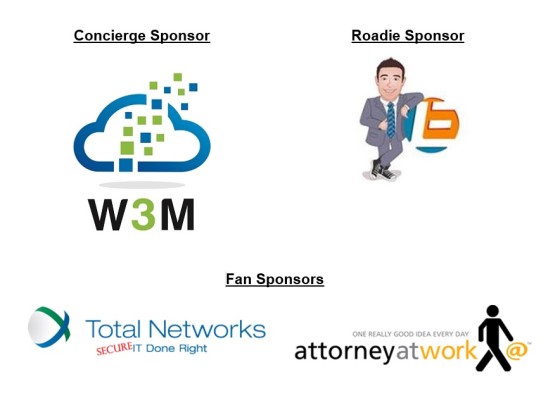
Last week, I was talking with a fellow lawyer who wants to write more posts on his firm’s blog and to create a system for lawyers in the firm to regularly contribute posts. We talked about strategies for generating ideas for posts and ways to keep everyone motivated to create content when it’s their turn.
Then I asked him, “Who is your audience?”
“I guess our initial audience is Google.”
I had to resist the urge to immediately channel my inner Jack Black a la High Fidelity (you can stop watching after 1:46).
I get where he’s going. I suspect his web guy told him that adding content to the firm’s site on a regular basis will help the firm climb the ranks in search results. This is true (based on the current algorithm) but it’s not enough.
It’s not enough to create content. You have to create quality content.
Think beyond search engine results. Think about the big picture – having a blog gives you the opportunity to craft your reputation, the firm’s reputation. Don’t create noise. Write something that you would want to read. If something is interesting enough for you to write about it, it’s probably something that’s going to appeal to your audience, your community.
When it comes to law firm blogs, the audience is one of two groups of people:
- Other lawyers who you hope will refer you work
- Potential and/or current clients
If your audience is the former, you can use your blog posts to showcase your expertise and mastery of your practice area. Bust out those five-dollar words. Display your intelligence with pride. If your audience is the latter, your audience is people who are looking to you for help. Use your posts to demonstrate that you understand their situations and that you can help solve their problems. Always provide valuable information. Regardless of who your audience, if done well, your blog will instill confidence in your readers and give them a reason to choose you over your competition.
Anyone who reads this blog knows I write to my potential clients’ needs. I prefer to use English instead of legalese. My goals are to be approachable and provide useful information. And it seems to be working – half of my new clients find me after running an internet search related to their problem such as “non-compete agreement Arizona” or “posting my photo without consent.”
I enjoy working with law firms who are ready to make the commitment of maintaining a blog. It’s fun to help them develop their voice as a firm and the best strategy to maintain their commitment to creating content on a regular basis. Lawyers are professional writers, and so it’s not as hard as they fear it will be. I suspect many enjoy using their blogs as a creative outlet related to their work.
If you want to know more about legal blogging, please check out The Legal Side of Blogging for Lawyers. If you want to chat with me about maintaining a legal blog, you can contact me directly or connect with me on Twitter, Facebook, YouTube, or LinkedIn.



